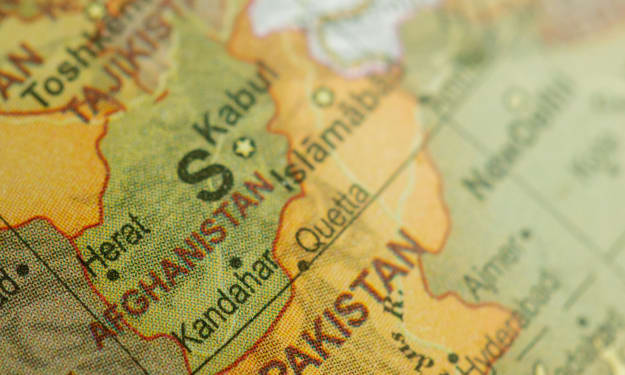The Origin and Ubiquity of the Word 'OK'
From Boston's Slang to the Moon Landing

OK – it's a two-letter word we encounter in our everyday conversations and encounters. Whether you're saying "OK," "Okay," or just "K," this seemingly simple word is undeniably pervasive in our language. It's a word that transcends borders and languages, an integral part of our communication. But have you ever wondered where "OK" comes from and how it became such a universal term? In this blog post, we'll delve into the fascinating history of "OK."
The Birth of "OK"
"OK" has a curious origin, rooted in the 1830s when a quirky fad of intentionally misspelling abbreviations emerged. Intellectual circles in Boston delighted in crafting coded messages with humorous misspellings like "KC" for "knuff ced," "KY" for "know yuse," and "OW" for "oll wright." It was a playful linguistic trend of the time.
Among these, "OK" or "oll korrect" managed to rise above the rest. "All correct" was a common phrase in the early 1800s, used to confirm that everything was in order. "OK" began to gain popularity on March 23, 1839, when it was first published in the Boston Morning Post. Other newspapers caught on, and the abbreviation spread across the United States. Even President Martin Van Buren adopted it as a nickname during his 1840 reelection campaign, with OK Clubs forming all over the country to promote his candidacy.
However, not everyone embraced "OK" wholeheartedly. Van Buren's opponents turned the abbreviation against him, claiming it stood for "Orful Konspiracy" or "Orful Katastrophe." Despite the linguistic jests, the 1840 presidential campaign played a pivotal role in firmly establishing "OK" in the American vernacular.
The Telegraphic Revolution
While similar linguistic trends faded into obscurity, "OK" found a new lease on life through the invention of the telegraph in 1844. The telegraph transmitted short messages using electric pulses, and "OK" quickly became a standard acknowledgment of a received transmission. Railroad operators, in particular, embraced it as they communicated across the expanding U.S. rail network. The telegraphic manual of 1865 emphasized that "no message is ever regarded as transmitted until the office receiving it gives O K." "OK" had transitioned from slang to a serious communication tool.
The Power of "K"
Another reason "OK" endured lies in its visual appeal, especially the letter "K." In English, words rarely start with the letter "K," making it stand out. Advertisers in the early 1900s recognized this and engaged in a "Kraze for K," replacing hard "C"s with "K"s in product names to catch consumers' attention. This visual strategy continues today in corporate logos like Krispy-Kreme and Kool-Aid, emphasizing the memorable quality of "K."
From Obscurity to Embedded Language
By the 1890s, the Bostonian origins of "OK" had faded from public memory, and newspapers debated its history, sometimes perpetuating myths. One such myth claimed that "OK" originated from the Choctaw word 'okeh,' meaning 'so it is.' However, this claim lacks substantial evidence.
Today, "OK" serves as the ultimate "neutral affirmative." It affirms without evaluating, acknowledging and accepting information without conveying feelings. We use it reflexively in our conversations, often without keeping track of how frequently it appears. In fact, "OK" arguably became the first word spoken when humans landed on the moon, a testament to its ubiquitous presence in our language.
In conclusion, "OK" may have begun as a corny joke in the 1830s, but its journey through history reflects the evolution of language and communication. It has transcended time, borders, and cultures, firmly establishing itself as a linguistic cornerstone in our modern world.
About the Creator
Resian Sankei
Passionate environmentalist, psychology enthusiast, and avid writer on a mission to inspire change and spark curiosity.






Comments
There are no comments for this story
Be the first to respond and start the conversation.